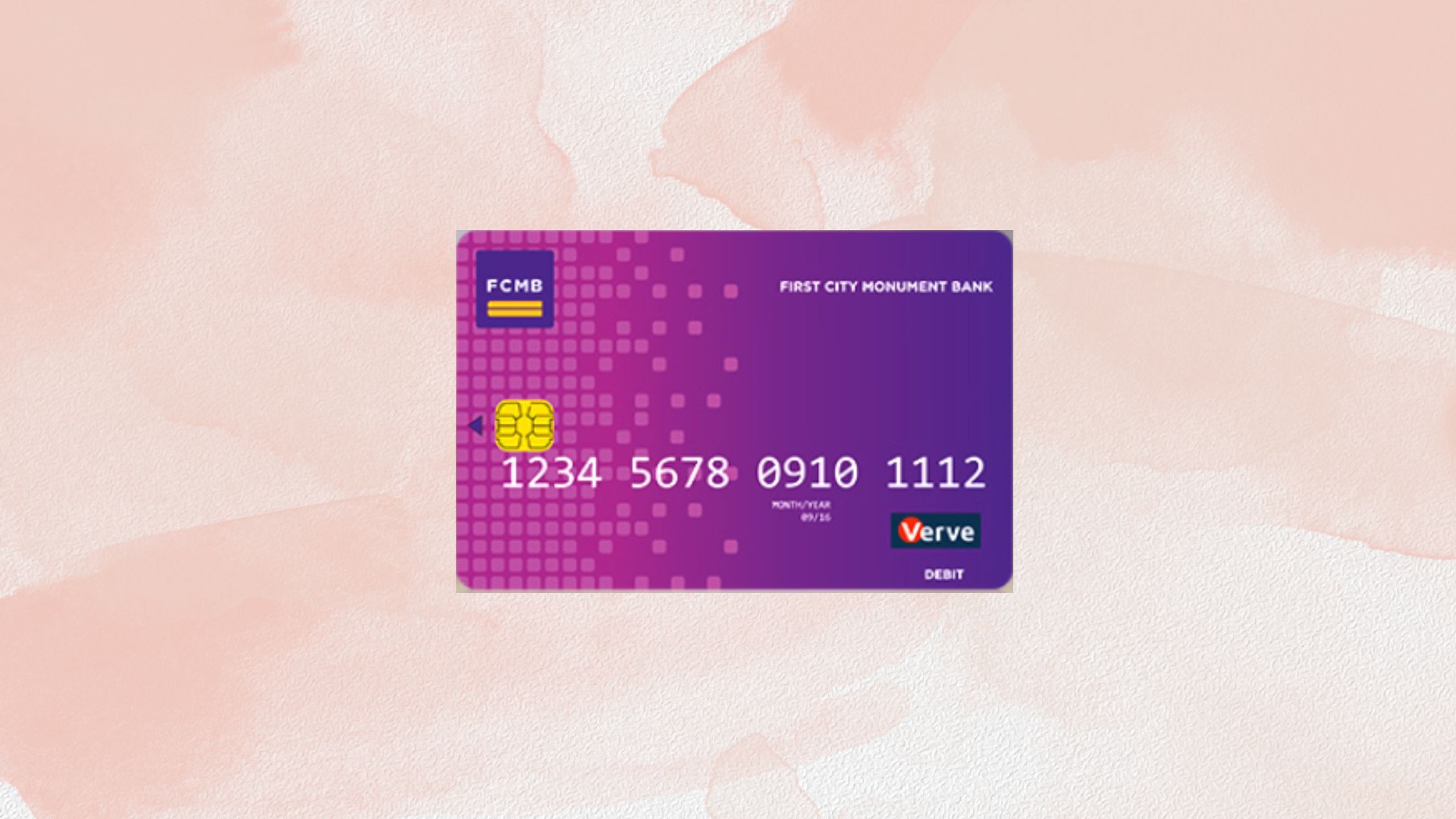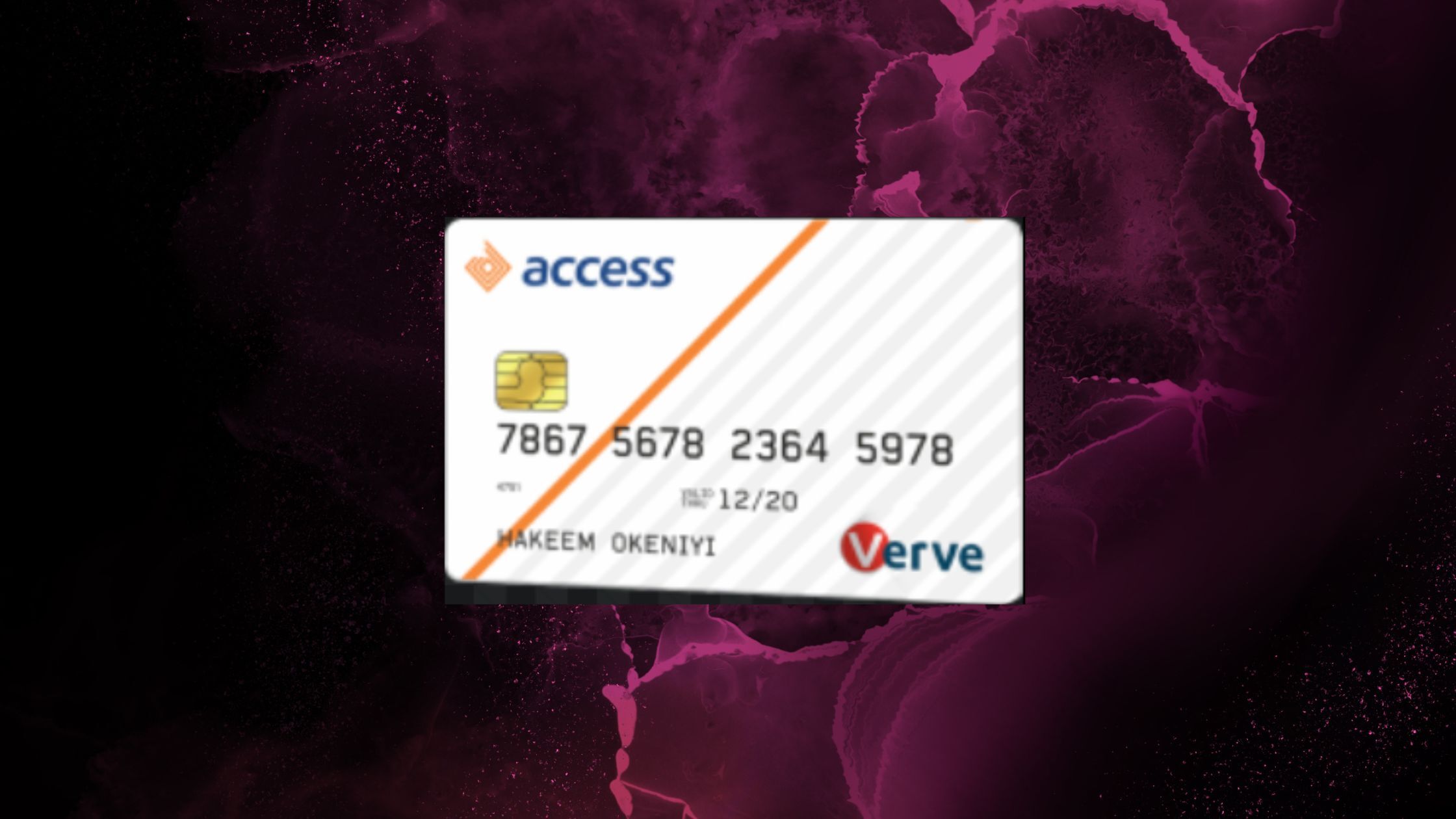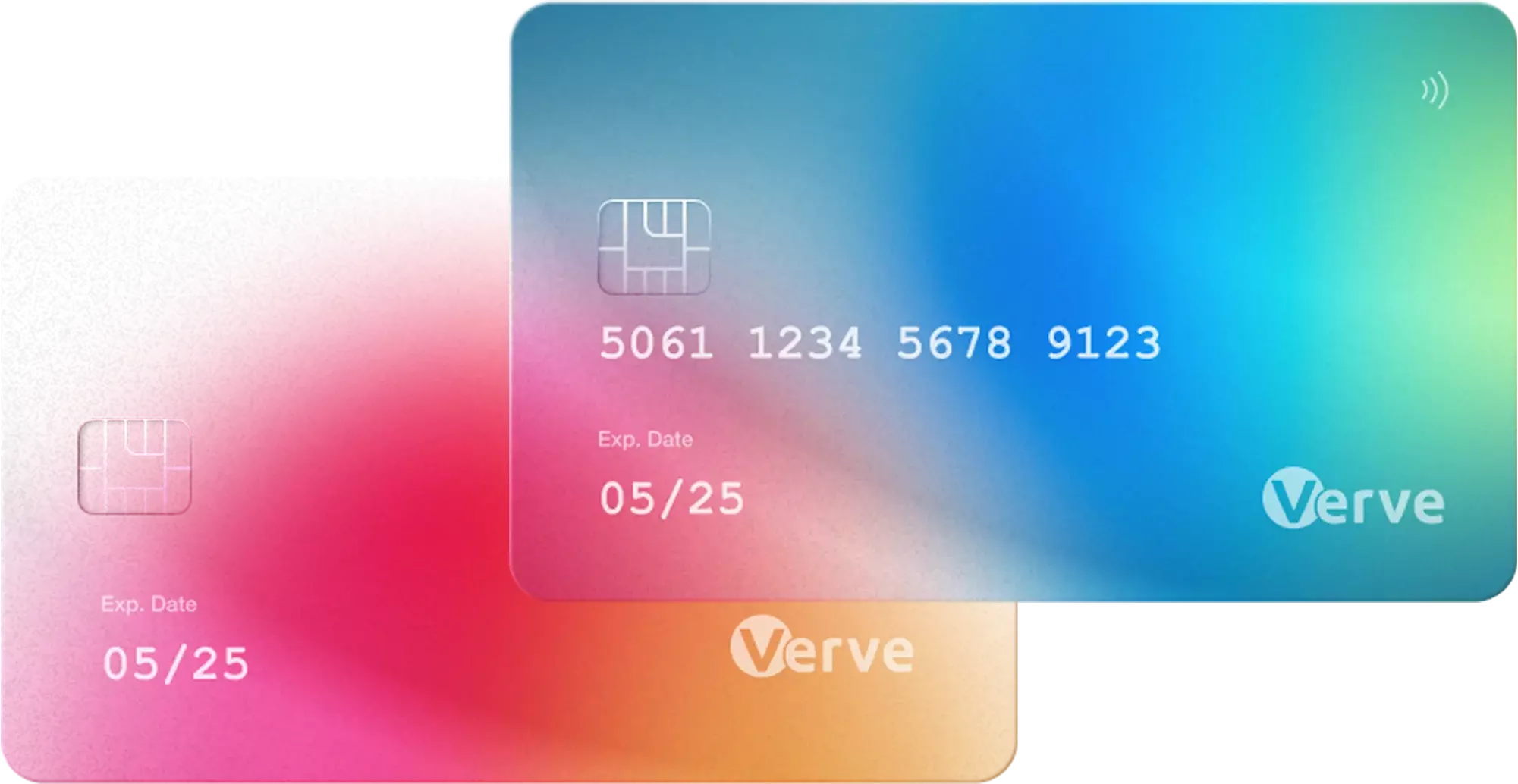Lifestyle
Updated on 15 Feb 24
4 minutes, 27 seconds read

International travel offers a world of exciting experiences and adventures. However, to fully enjoy your trip without financial hassles, it's essential to understand the etiquette of using your debit card abroad. In this practical guide, we'll explore the key tips and strategies for mastering debit card etiquette during your international travels.
Before packing your bags, take a moment to notify your bank about your travel plans. Informing them of your international trip helps prevent potential issues with your debit card. Banks often have fraud detection systems that can flag foreign transactions as suspicious if they're unexpected. A simple call or email can keep your card active while you're abroad.
Different banks have varying policies when it comes to foreign transaction fees. Some banks charge a flat fee per international transaction, while others impose a percentage of the purchase amount. Knowing these fees upfront allows you to budget more effectively for your trip and avoid unpleasant surprises.
When using your debit card abroad, you may encounter the option to choose between local currency or your home currency for transactions. Opting for the local currency is often the more cost-effective choice, as it avoids additional fees associated with currency conversion. However, always verify the exchange rates offered by your bank to ensure transparency.
While your debit card is a convenient choice for payments abroad, having a backup payment method is a wise precaution. Consider carrying a credit card or a small amount of local currency as a fallback option. This can be a lifesaver if your debit card encounters issues or isn't accepted at certain establishments.
If you plan to withdraw cash from ATMs while travelling, prioritize using machines located within reputable banks or financial institutions. Be cautious when using standalone ATMs in unfamiliar areas, as they may be more susceptible to skimming devices. Always shield your PIN when entering it and remain vigilant of your surroundings.
Maintain a comprehensive record of your debit card transactions during your travels. Note down dates, amounts, and locations for each transaction. This practice not only helps you track your expenses but also serves as a safeguard against unauthorized charges on your account.
Many countries embrace contactless payments, including debit card tap-to-pay features. To avoid misunderstandings or awkward situations, familiarize yourself with local norms regarding contactless payments. This knowledge ensures you can seamlessly adapt to the preferred payment methods of your destination.
Treat your debit card with the utmost care, just as you would your passport. Use a secure wallet or an RFID-blocking sleeve to protect it from potential theft or electronic pickpocketing. Additionally, create photocopies or digital scans of your cards and store them separately to have a backup in case of loss or theft.
Before travelling, research the banking practices and card usage norms of your destination country. Different regions may have unique regulations or preferences when it comes to card payments. Being informed about these nuances will help you navigate them smoothly.
Mastering debit card etiquette for international travel is vital for a stress-free and enjoyable journey. By notifying your bank, understanding transaction fees, and following these practical tips, you can make the most of your debit card while exploring the world.
Preparation and awareness are the keys to financial security and peace of mind when travelling abroad, allowing you to focus on creating cherished memories during your adventures. Enjoy a stress-free vacation with a Verve Card.
These are the card details that you should not give out. They include Card Number, CVV (Card Verification Value), PIN (Personal Identification Number), Expiry Date, Online Banking Credentials, One-Time Passwords (OTPs), Full Name, Photocopies or Images of Your Card, Card Details Over the Phone, Email or Text Requests.
These are the card detail information that should not be put on your card, they include PIN, Card Verification Code (CVV), Full Card Number, Passwords (e.g., Online Banking), Personal Information (e.g., SSN), and Excessive Personal Details.
Debit cards use your own money, have no interest charges, require a PIN, there is no credit impact and it is immediate payment. Credit Cards borrow money from the bank, they have interest charges if not paid in full, They also require a signature or PIN, which impacts credit score and payment can be due later.
Yes, debit cards often have restrictions. They include limitations to available account balances and daily spending limits. They may require a PIN for transactions, limit debit networks, have foreign transaction fees, have no credit line, or limit borrowing. They lack limited rewards and benefits.
Yes, someone can use your debit card without a PIN for certain types of transactions, such as online or contactless payments, where the card's security code (CVV) is used for verification.
Other recommended articles

Feb 24, 2024
FCMB Verve Card
FCMB Verve Card is a debit card issued by FCMB in collaboration with Verve.

Feb 24, 2024
Access Bank Verve Card
Access Bank Verve Card is a debit card issued by Access Bank in collaboration with Verve.

Feb 23, 2024
Verve Card: What You Need To Know
Verve Card is a type of debit or prepaid card that allows you to make payments, withdraw cash, and shop online or in physical stores. Read more.